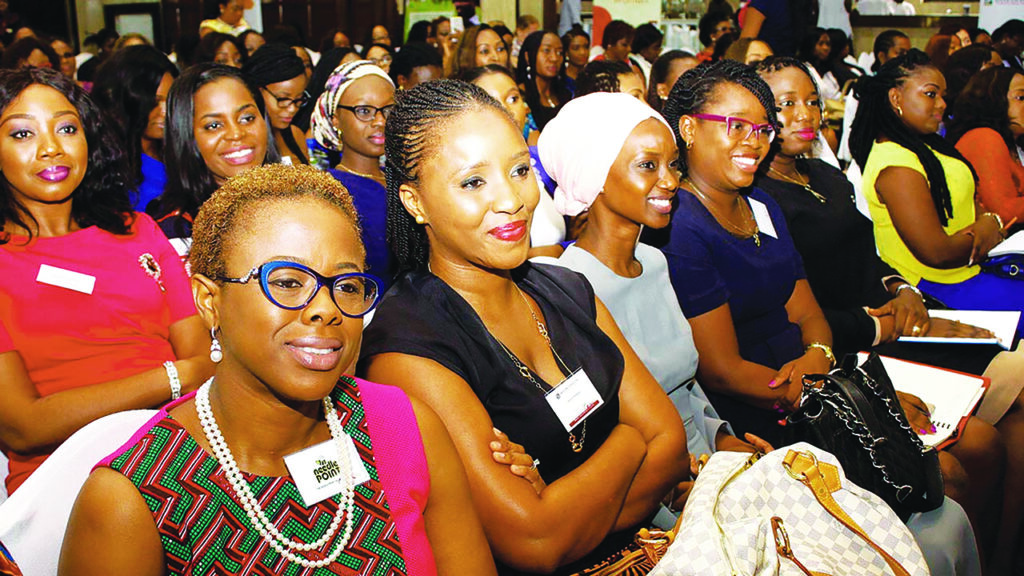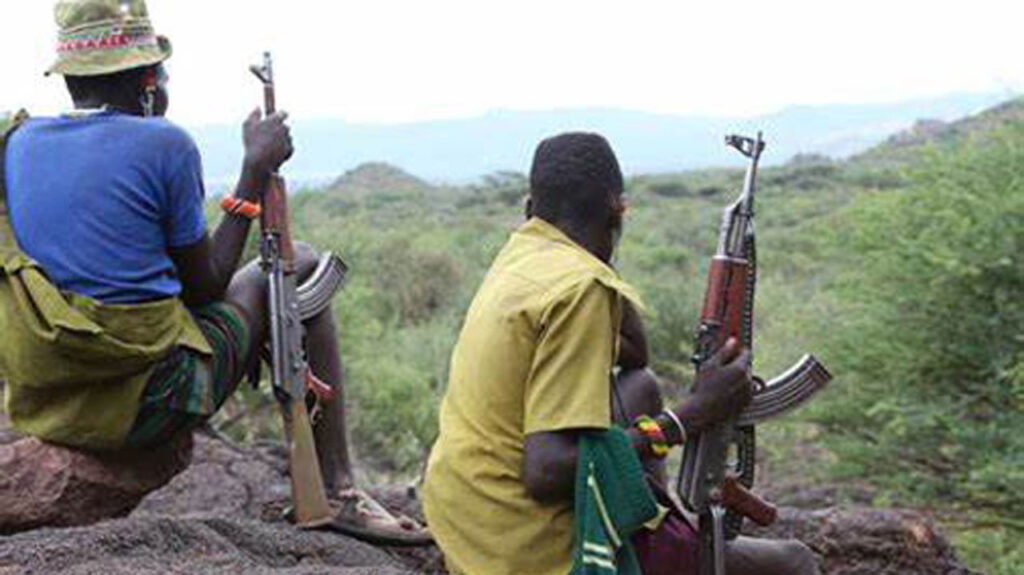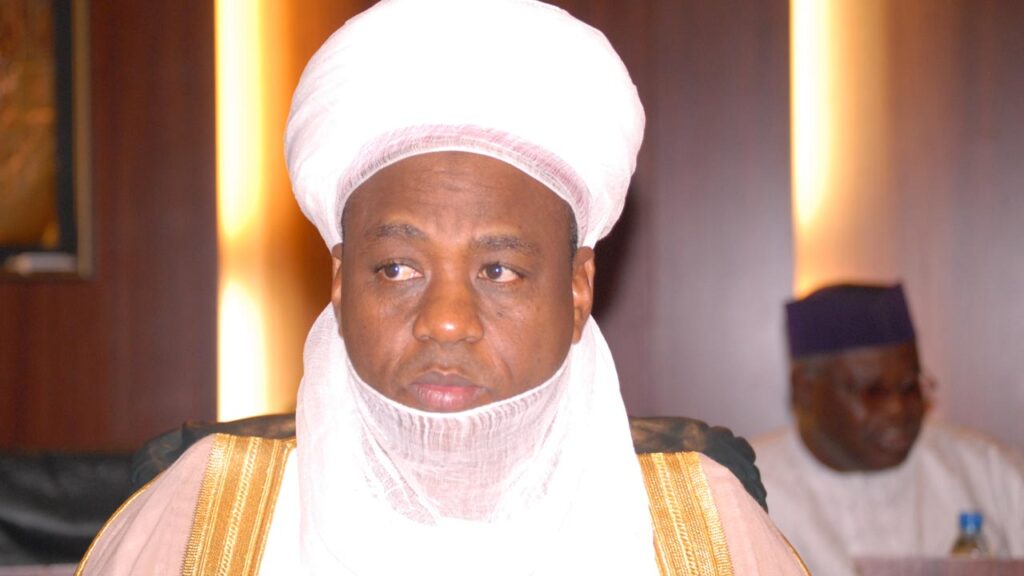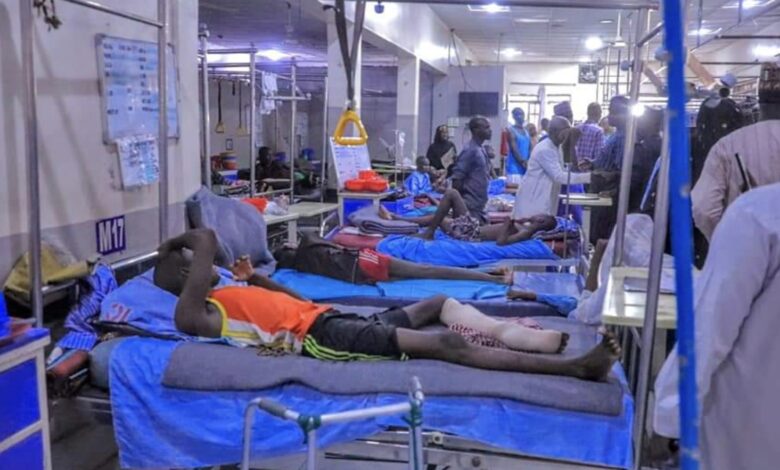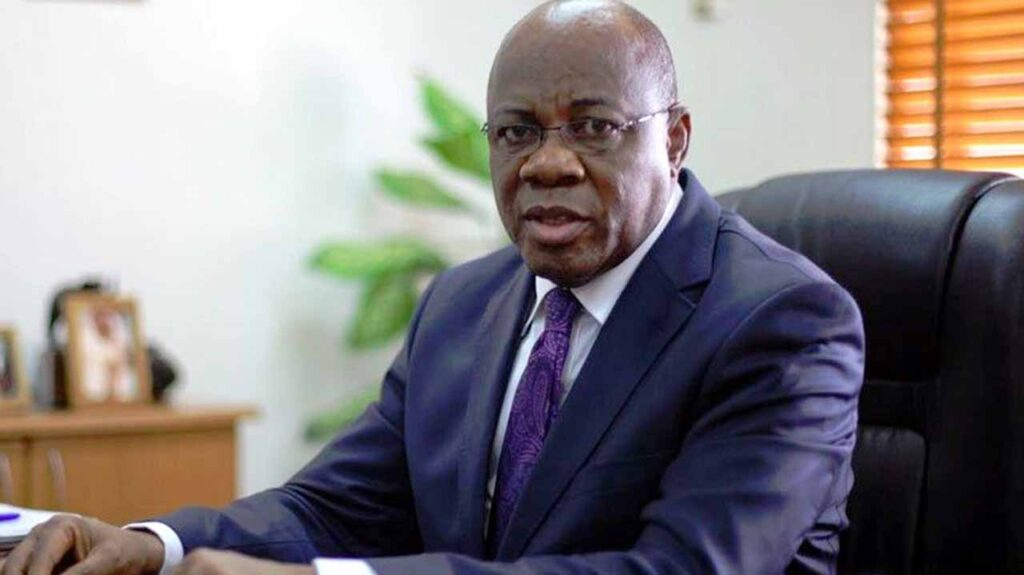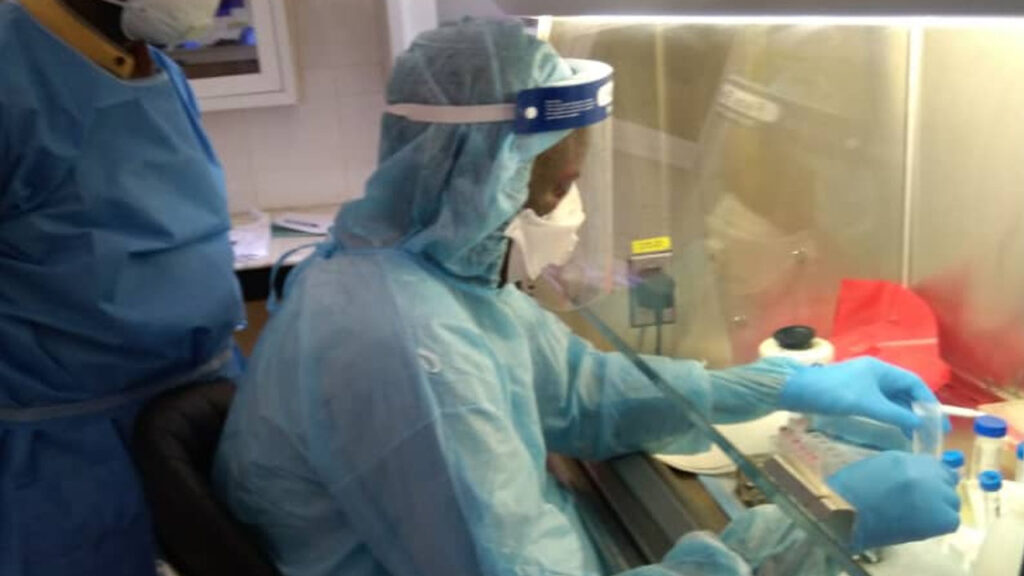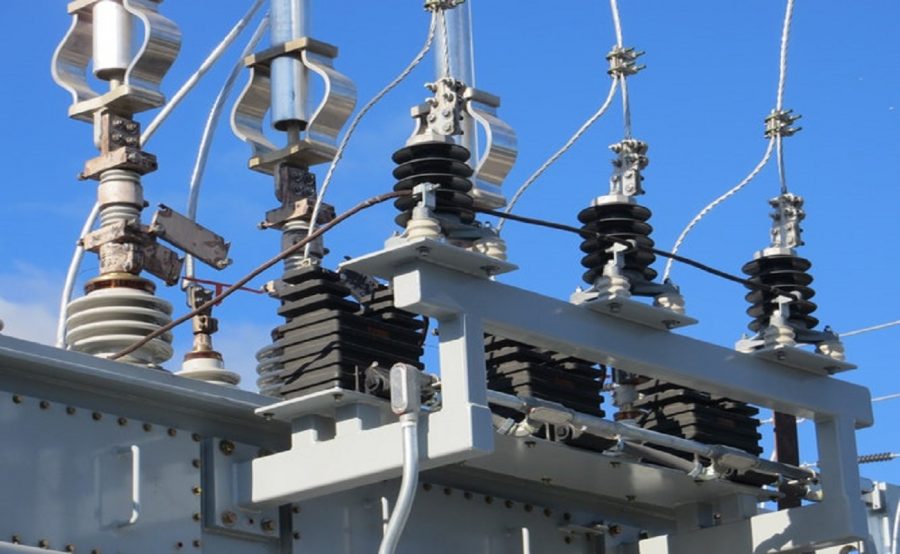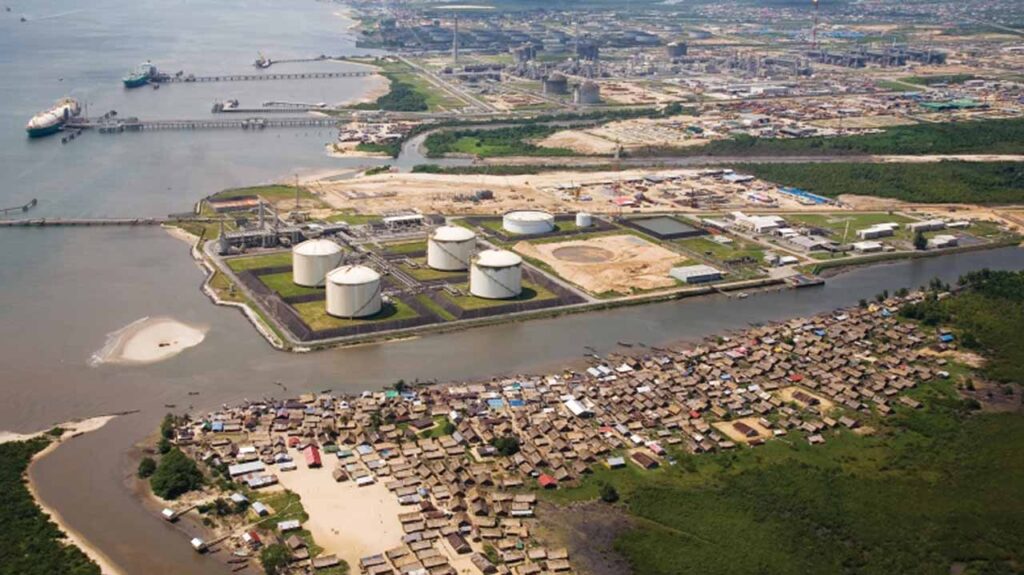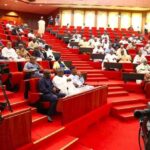
Nearly 30 years ago, in Beijing, China, the world made a promise: equal rights and opportunities for all women and girls, everywhere. More than 30,000 activists and representatives of 189 countries gathered to debate what it would take to make a gender-equal world and together, they created the Beijing Declaration and Platform for Action, the most comprehensive agenda to date, on gender equality and women’s empowerment.
But decades later, it’s still a long way to the goal. According to the World Economic Forum’s Global Gender Gap Report 2023, “it will take Nigeria another 131 years to reach gender parity.” The fifth Sustainable Development Goals (SDGs) of the United Nations (UN) also calls for the world to achieve gender equality and empower all women and girls by 2030, but with six years to go, it is also another distant dream for Nigerian women.
Millions of women and girls still suffer from the feminisation of poverty, lack of access to basic resources, the use of culture, religion, and tradition to render women voiceless, while crimes against women and children are on the rise. Gender-based violence (GBV), trafficking, displacement and kidnappings make the country unsafe for women and girls.
Despite Nigeria’s poor rating, from the office of the First Lady at all the federal and state government offices, to the National Assembly and beyond, activities have already been earmarked to commemorate women’s day and forge a path forward in the quest for gender-inclusive governance. Sadly, that is where it ends. After the yearly ritual of speeches and activities, nothing really changes for the better for Nigerian women.
The theme for this year’s celebration is: ‘Invest in Women: Accelerate Progress’ with the campaign theme of ‘Inspire Inclusion’.
Despite years of promises from different governments, 35 per cent affirmative action remains a mirage. Women’s representation in politics continues to suffer with just 2.8 per cent women representation currently in the Senate, same as it was in 1999.
When the current president, Bola Tinubu, was campaigning last year, he promised Nigerian women social inclusion and political empowerment by increasing women’s participation in government to at least 35 per cent. Despite this lofty promise, his government has the lowest female representation since the country returned to democracy.
He also promised to fight domestic violence and abuse; improve education parity and ensure better women representation in Science, Technology, Engineering and Mathematics (STEM) fields; provide economic empowerment for women-owned businesses and lift women and their families from poverty with the aid of special policies and programs.
Almost a year into his administration, none of these promises have been fulfilled so far. With eight women in both the Senate and House of Representatives, amounting to 18.75 per cent, he is nowhere near the 35 per cent inclusion of women in the cabinet as promised.
The closest any of Tinubu’s predecessors got to the 35 per cent threshold was when former President Goodluck Jonathan achieved 31 per cent representation of female ministers in 2011.
Gender advocates and activists have argued that the lack of women’s representation in Nigeria’s government harms the nation’s development. They said the exclusion of women from political leadership roles denies them the opportunity to contribute to policy and decision-making processes that shape Nigeria’s future, adding that the low number of women in the 10th National Assembly was a setback for the goal of women’s political participation as captured in the Beijing Affirmative Action.
They also argued that the National Assembly’s failure to pass constitutional amendment bills to support Nigerian women’s demands for due representation in the political and decision-making process worsens the situation.
They said the huge gender gap in the participation of women in public office and Nigeria, at 6.7 per cent across elective and appointive posts, was quite disconcerting, if not outright shameful, falling far below a West African average of 15 per cent, an African average of 23.4 per cent, and the global average of 22.5 per cent.
It has, more so, been pointed out that of the 193 countries ranked in the Gender Equality Index in 2020, Nigeria occupies the 181st position, which they said was highly unfortunate.
According to Nigeria’s National Gender Policy, women empowerment and gender equality are fundamental human rights at the core of equitable development. Many international and regional agreements, of which Nigeria is a signatory, like the African Charter on Human and People’s Rights with the Optional Protocol on Women’s Rights and the Convention on the Elimination of All Forms of Discrimination Against Women all prescribe higher representation for women in politics and policy-making.
The Executive Director, Sustainable Gender Action Initiative (SGAI), Mufuliat Fijabi, regretted that Nigeria’s investment in its women and girls remains low. Expressing displeasure with the poor level of support given to women, she said the level of inclusion of women in leadership and decision-making positions remains poor and below the benchmark set globally and nationally.
On March 1, 2022, the National Assembly voted against 35 per cent appointive positions for women, denying women 35 per cent affirmative action in party administration and leadership and rejected specific seats for women in the NASS. Also, they declined citizenship to the foreign-born husband of a Nigerian woman and denied a foreign-born wife automatic citizenship.
“It is unimpressive that no Nigeria government has reached the minimum benchmark of 35 per cent affirmative action set in our National Gender Policy. It is even more embarrassing that there has been a court injunction since April 6, 2022, mandating the government to implement its own policy, yet no effort has been made to implement this injunction. There is obviously an absence of political will to ensure gender equality and balance which is needed for both women and men to contribute their quota to the governance of Nigeria. The absence of political will also translates to the non-recognition of women formally as important contributors to the development of the country,” she said.
According to data sourced from HEIR Women Development Hub, of the 4,259 contestants for the presidential and the National Assembly seat in last year’s general elections, only 381 were women, constituting 8.9 per cent with just five of the 36 states having women candidates contesting for a seat at the National Assembly. Nigeria has the lowest number of female parliamentarians in sub-Saharan Africa and ranks 133rd in the world for female political representation. Women own only 20 per cent of enterprises in the formal sector and only 11.7 per cent of board directors in the country are women.
“There are only six (1.71 per cent) female presidents of student unions in Nigeria out of the over 350 tertiary institutions both public, private, and state-owned. This gender gap was also seen in the recent election conducted by the National Associationof Nigerian Students (NANS) where two of the 12 elective positions were won by female students,” the report said.
The World Gender Gap places Nigeria at 123rd with a score of 0.639 out of a total of 146 countries with a gender gap of 63.9 per cent. Nigeria ranks last in maternal mortality, infant vaccination and neonatal mortality, according to the Africa Sustainability Index launched by the Future Proofing Healthcare initiative at the 2021 Africa Health Agenda International Conference.
Further data gleaned from the HEIR Women Development report listed causes of the gender gap in female participation in leadership to include gender discrimination; traditional perceived gender roles; sexual harassment; lack of support for female leaders and lack of economic resources.
Executive Director, HEIR Women Development, Anuli Aniebo Ola-Olaniyi, said involving women in nation-building produces holistic and comprehensive political, economic and social advancement.
“When young women are included in leadership across different levels, this will promote productivity and progress for both the women and the country. There will be a decline in the cases of gender-based violence confronting young women as more responsive policies will be promoted and this will encourage the growth of Nigeria’s GDP.
Despite numerous forms of advocacy, many women still sufferfrom child marriage, Female Genital Mutilation (FGM), girl-child labour, domestic, sexual and gender-based violence, loss of bodily rights and sexual agency, forced polygamy, restricted access to political participation, religious restrictions, underpaid wages, lack of access to quality healthcare, restricted access to education, tradition and cultural biases, kidnappings, ritual killings, insecurity, insurgency, internal displacement, sex for food, jobs, social security and so on.
Others include poor access to freedom of thought, religion, opinion, and expression, as well as the right to marry and have a family, loss of privacy amongst others.
Warning that preventing women from being educated is setting the country up for failure, Fijabi said: “Failure to educate girls now is failure to provide for the future women of Nigeria who constitute half of the population and this has severe consequences.
“Government should invest more in girls’ education through the introduction of friendly policies that will translate into easy access to education, effective curriculum, discourage parents from forcefully withdrawing girls from school, encouragement for teachers and capacity development for teachers to be gender responsive, provision of basic amenities in schools to retain girls. An educated girl will become a productive woman that contributes to the nation’s growth.”
The Executive Director of Women in Management, Business and Public Service (WIMBIZ), Hansatu Adegbite, cited the examples of Rwanda and Namibia as part of a few African countries that have policies and laws that address the issue of low representation of women.
According to her, it is one thing to have a policy in place, it is another to implement it. She mentioned countries like Sierra Leone, where the Gender Equality and Women Empowerment Act 2022 is helping to change the narrative. She said the law empowers the electoral body to reject the list of candidates submitted by political parties that have no women representation.
Adegbite noted that Namibia introduced the Zebra system for gender-equal politics. She said the country’s ruling party, the South West African People’s Organisation (SWAPO), committed to filling leadership positions with a woman either as head or as deputy.
“For example, if you have a minister in Namibia who is a woman, her deputy must be a man. If you have another appointment that is a man, the deputy must be a woman. That was what they introduced to ensure some level of equality. And because this was introduced first by the ruling party, what ended up happening was that it became a standard policy within the context of Namibia politics and led to an increase in the number of women in parliament. As of 2019, they had 44 per cent women in the National Assembly,” she said.
Also speaking, Chief Executive Officer, Women Radio, Toun Okewale-Sonaiya, said women’s participation in governance ensures that democracy is inclusive and representative, saying Nigeria must promote greater transparency and accountability in decision-making. She said an inclusive government will “enhance Nigeria’s image in the international community as a progressive country, attract international support and improve diplomatic opportunities for Nigeria. It will also promote economic growth because women’s inclusion in governance has direct links to many of the United Nations SDGs, including economic growth and poverty reduction,” she said.
To achieve more gender inclusiveness in the political space, Executive Director, Technical Advice Connect, Dr Lilian Anomnachi, said there has to be an intentionality of raising and nurturing a generation of women leaders, through capacity-building and mentorship systems for women, alongside deliberate policy interventions.
She equally pointed out how such an intentionality of purpose has reached fruition in countries like Senegal and Rwanda, which have attained gender parity in representation in the federal cabinet and national parliament.
MacArthur Foundation’s Amina Salihu said: “For most women, gender politics is a life cycle which starts from being born female and is entrenched through the acts of socialization and for there has to be a conscious effort at breaking the ossifying construct around gender roles in society. To gain greater political access for women, this would require economic empowerment to change outcomes sustainably.”
She said while there are already too many women at the base of the pyramid of unemployment, without real economic power, women will never get appointed to boards and be part of decision-making.
To her, being about 75 per cent of voters, women have a very strong social capital that needs to be converted into political capital that enables other women to get into positions of leadership and political power.

